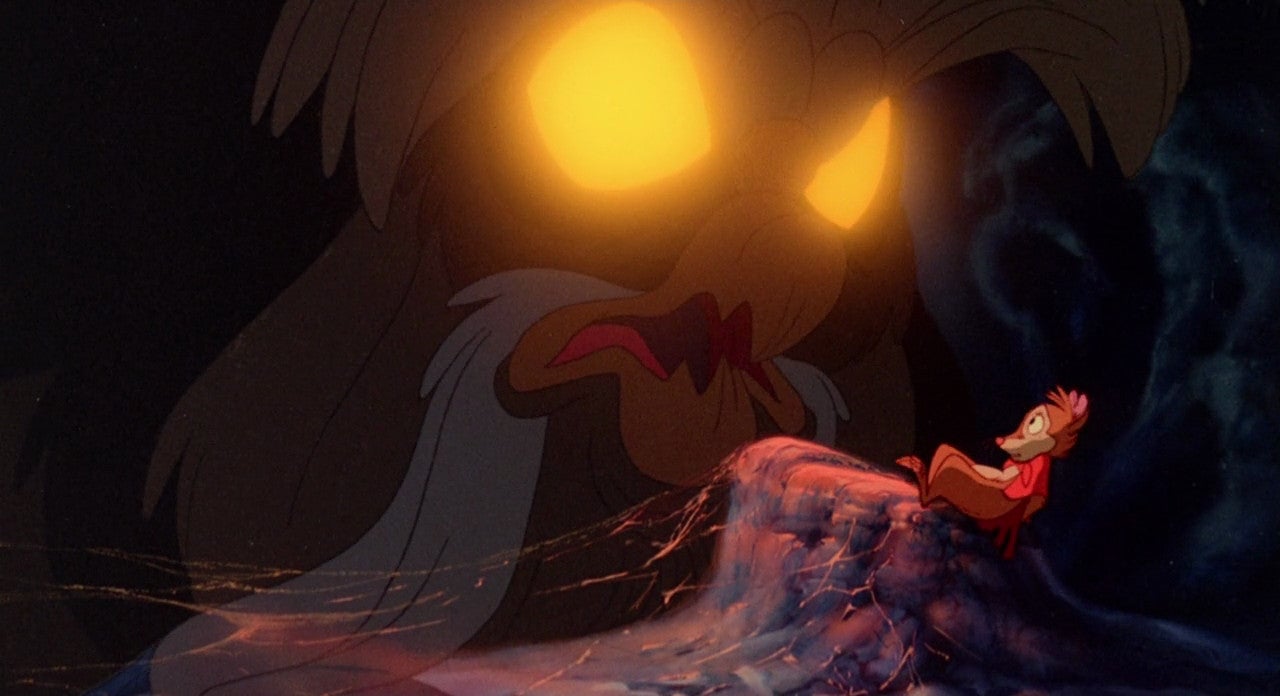Week #10. It’s been 2 weeks since I’ve been to Cinematheque and I’m having withdrawals.
Scooby-Doo (2002) dir. Raja Gosnell
07/05/16
rewatch
How James Gunn managed to maintain an even moderately successful career after penning this is truly a modern marvel. Truly defines the genre of weird cinema. Was an odd viewing with my 8-year-old sister, revisiting something from my childhood only to have it resonate into hers. The freaky dog-demons that plague Mystery Inc are substantially less spookier than I remember (I was ready to relive my childhood spooks) and the film as a whole acted as a reminder why I hate Rowan Atkinson. The recurring allusions to stoner culture in small excerpts from Shaggy and Scooby’s lives are the greatest thing about this. ★★½
Dogs in Space (1986) dir. Richard Lowenstein
07/05/16
Continuing the completely unintentional dog trend for the night (I do love dogs though) came possibly the greatest hidden gem in Australian cinema. Lowenstein’s Dogs in Space serves itself up as an unconventional Australian mid-point between Altman’s Nashville (1975) and Linklater’s Dazed and Confused (1993) (a triple bill to die for), and as he navigates the trashy crevasses of late-70s suburban Melbourne he manufactures the mood of youth in ways I’ve seen no other Aussie drama do (we’ll leave Snowtown out of this). The late Michael Hutchence (a very torn and sultry Michael Hutchence at that) is faaaaaantastic here, and makes me a little sad he didn’t further pursue a little acting on the side. ★★★★

The Master (2012) dir. Paul Thomas Anderson
09/05/16
rewatch
Was inspired to revisit this following the release of Radiohead’s latest record due to Jonny Greenwood’s contribution to the film’s score, who, continuing his sonic collaboration with the latter portion of PTA’s filmography, strikes out some uneven, fiery and disconnected strings which scold the film in an unnerving fashion. The blu of this look unreal on my brand new Samsung. ★★★★½
Grizzly Man (2005) dir. Werner Herzog
10/05/16
An absolutely phenomenal work of art curated by Herzog, not only a tragic tale of human arrogance but a frightening insight into a man’s utter obsession with the natural world; Herzog’s voiceover is divine, a fitting narrator to a horrifically haunting battle between these two entities. Straight to the top of my favourite docos list. Shook me to my core. “I believe the common denominator of the universe is not harmony, but chaos, hostility, and murder. ★★★★★

Inception (2010) dir. Christopher Nolan
11/05/16
rewatch
Written for Letterboxd:
A film I can’t help but renew my infatuation with despite all of Nolan’s inherent flaws; exposition layering exposition layering exposition and the safeness of his directorial approach are among the plenitude of annoyances that struck me this revisit, but those the almost perfect rounding of Cobb’s plot (I feel completely indifferent towards Cillian Murphy’s whole bit) and those fleeting moments of heightened drama in the midst of the film’s final, veneered act always seem to pull on my reluctant heartstrings. The backing characters just kinda do things–the star studded ensemble undoubtedly helps boost what would’ve been a stale series of supporting characters otherwise–and although they are just there to serve as pawns in Cobb’s big game they occasionally have their moments of unrestricted joy. This once sat at the top of my favourite films list (it has been yeeeeears since I last watched), and in so many ways remains a most important film to me, a staple in my cinematic love-life, something of a precursor to my now engulfing cinephilia. It’s cheesy, it’s ridiculous, it’s laughable at times and it steps out on its mythology a tad too often but it’s a film that I cherish right now and probably always will–bleh. No rating







